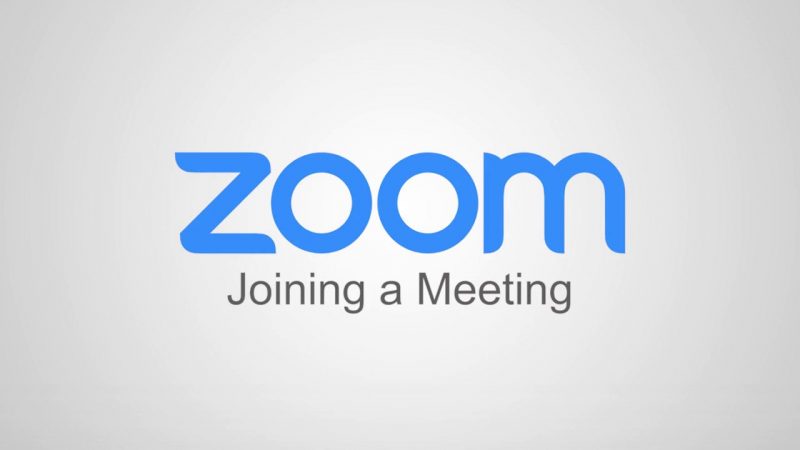Austin City Limits–an PBS music program recorded live in Austin, Texas–has decided to open its archives “as a gift to music fans during the current live music moratorium.” They write: “Starting March 23, the perennial television series will make fan-favorite episodes from the recently broadcast Season 45 available for streaming, in addition to the entire slate of programs from the previous two seasons of the acclaimed concert showcase. Over 35 ACL installments will be available to stream free online at https://www.pbs.org/show/austin-city-limits/ offering a wide variety of music’s finest from every genre. here’s something for everyone: an electrifying hour with guitar hero Gary Clark Jr.; an epic stage journey with 2020’s Grammy-winning global pop phenom Billie Eilish; supergroup The Raconteurs, featuring Jack White and Brendan Benson, in an all-out hour of pure rock and roll.”
Get more information here, and stream episodes here.
Above you can watch Robert Plant on Austin City Limits during a show recorded in 2016.
If you would like to sign up for Open Culture’s free email newsletter, please find it here. It’s a great way to see our new posts, all bundled in one email, each day.
If you would like to support the mission of Open Culture, consider making a donation to our site. It’s hard to rely 100% on ads, and your contributions will help us continue providing the best free cultural and educational materials to learners everywhere. You can contribute through PayPal, Patreon, and Venmo (@openculture). Thanks!
Related Content:
The Met Opera Streaming Free Operas Online to Get You Through COVID-19




